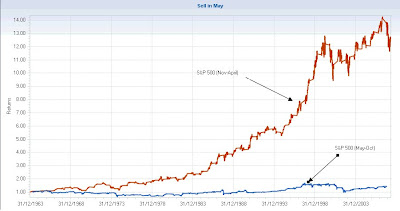Recession is often defined as two consecutive quarters of GDP contraction. Well it's not true in the US. The official definition, provided by The National Bureau of Economic Research, is: "A recession is a significant decline in economic activity spread across the economy, lasting more than a few months." And this is not exactly the same. The NBER goes on to say: “ Most of the recessions identified by our procedures do consist of two or more quarters of declining real GDP, but not all of them. Our procedure differs from the two-quarter rule in a number of ways. First, we consider the depth as well as the duration of the decline in economic activity. Recall that our definition includes the phrase, ‘a significant decline in economic activity.' Second, we use a broader array of indicators than just real GDP. One reason for this is that the GDP data are subject to considerable revision. Third, we use monthly indicators to arrive at a monthly chronology.” The main problem...



